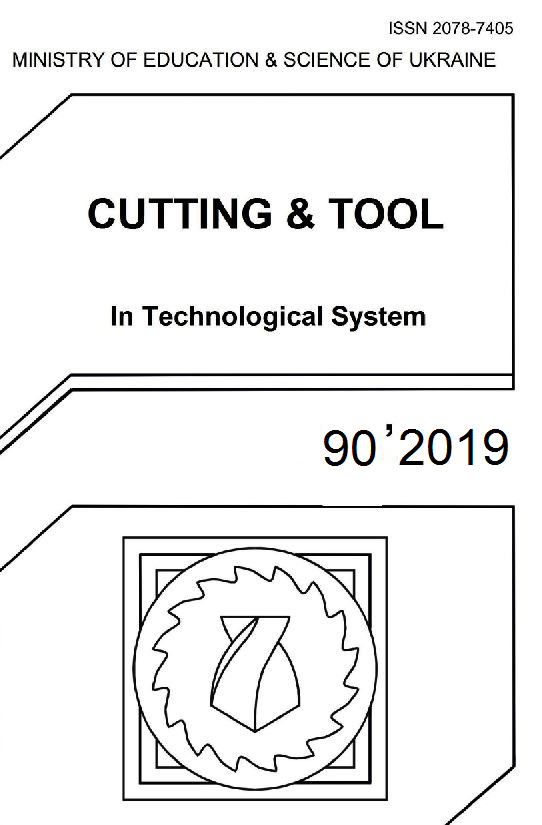KNEE IMPLANT STUDY AND EVALUATION WITH AXIOMATIC DESIGN METHOD
DOI:
https://doi.org/10.20998/2078-7405.2019.90.06Keywords:
knee implant design, Titanium alloy machining, finite element simulation, axiomatic design, biocompatibility.Abstract
People from all around the globe get their knees injured every day either because of severe sport accidents or because of simple misstepping. Their lives are about to change drastically and dramatically. The pain and the limitation of their movements becomes an obstacle and treatment with painkillers only postpones the problem. In these cases, medical doctors suggest Total Knee Replacement surgery, in which a knee implant replaces the damaged parts of the human injured knee in order to recover partially or fully the normal motion of the knee and therefore the everyday activities of the person in need. In over 95% of the patients who underwent a Total Knee Replacement surgery, the pain was overcome in sort amount of time, a high percentage of the kinematics of the knee were brought back to normal, and the patients were able to continue their lives. In this paper, the main purpose is to study the knee mechanics, to deconstruct the kinematics and dynamics of this complex system, to develop a new, ambitious knee implant design for severe accidents, perform simulation tests and evaluate it by the rules of the Axiomatic Design Method.References
D. Granchi, E. Cenni, D. Tigani, G. Trisolino, N. Baldini, A. Giunti. Sensitivity to implant materials in patients with total knee arthroplasties. Biomaterials 29(10), 2008, pp. 1494-1500.
A.P. Markopoulos, N.I. Galanis, N.E. Karkalos and D.E. Manolakos. Precision CNC machining of femoral component of knee implant: A case study. Machines 6(1), 2018, 10.
A.M. Farid, N.P. Suh. Axiomatic Design in Large Systems: Complex Products, Buildings and Manufacturing Systems. Springer, 2016.
N.P. Suh. Axiomatic Design: Advances and Applications. Oxford University Press, 2001.
C. Sella, J.C. Martin, J. Lecoeur, J.P. Bellier, M.F. Harmand, A. Naji, J.P. Davidas, A. Le Chanu. Corrosion protection of metal implants by hard biocompatible ceramic coatings deposited by radio-frequency sputtering, Clinical Materials 5(2-4), 1990, pp. 297-307.
J.P. Sharkany , M.J. Sichka, A.M. Potapchuk, I.S. Lemko, J.L. Pintye. Biocompatible gradient ceramic coatings for metal implants. Proc. SPIE 4336, Nondestructive Evaluation of Materials and Composites V, 2001.
Y. Jun. Morphological analysis of the human knee joint for creating custom-made implant models. International Journal of Advanced Manufacturing Technology 52(9-12), 2011, pp. 841-853.
N. J. Dahlkvist,
P. Mayo, B.B. Seedhom. Forces during squatting and rising from a deep squat. Engineering in Medicine, 11(2), 1982, pp. 69-76.
Downloads
Published
Issue
Section
License
Copyright Notice
Authors who publish with this Collection agree to the following terms:
1. Authors retain copyright and grant the Collection right of first publication with the work simultaneously licensed under a Creative Commons Attribution License that allows others to share the work with an acknowledgement of the work's authorship and initial publication in this Collection.
2. Authors are able to enter into separate, additional contractual arrangements for the non-exclusive distribution of the Collection's published version of the work (e.g., post it to an institutional repository or publish it in a book), with an acknowledgement of its initial publication in this Collection.
3. Authors are permitted and encouraged to post their work online (e.g., in institutional repositories or on their website) prior to and during the submission process, as it can lead to productive exchanges, as well as earlier and greater citation of published work.

